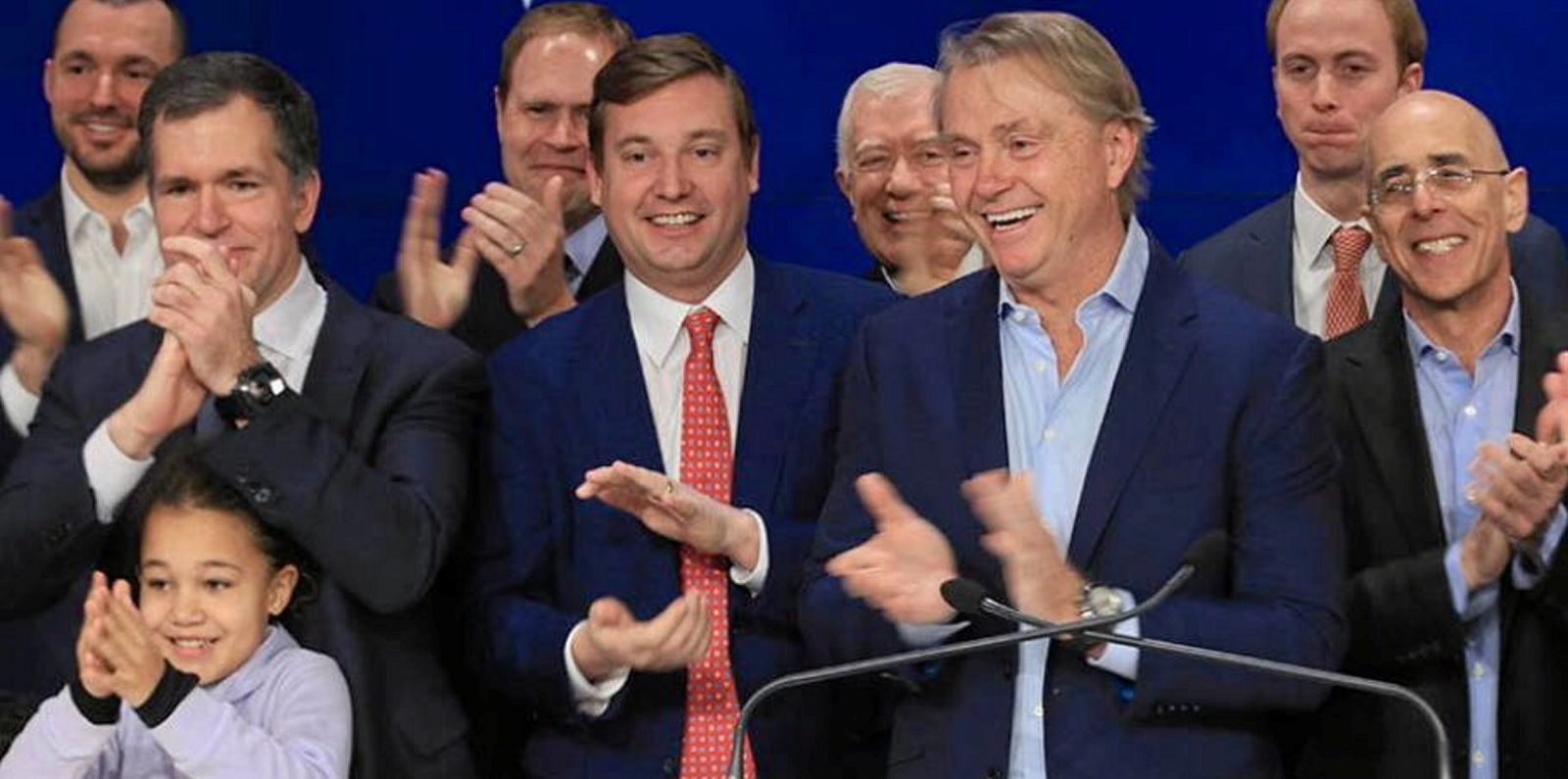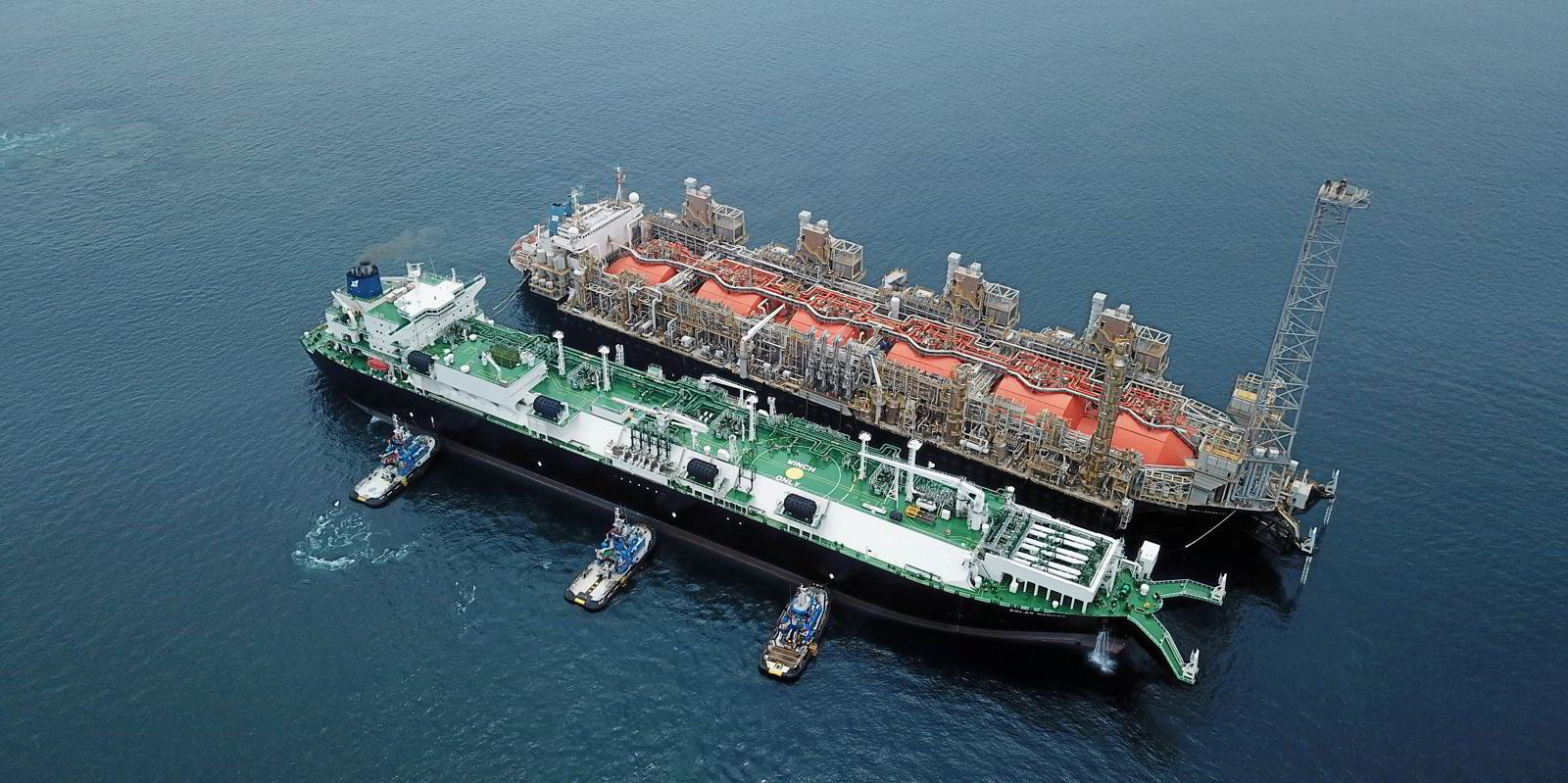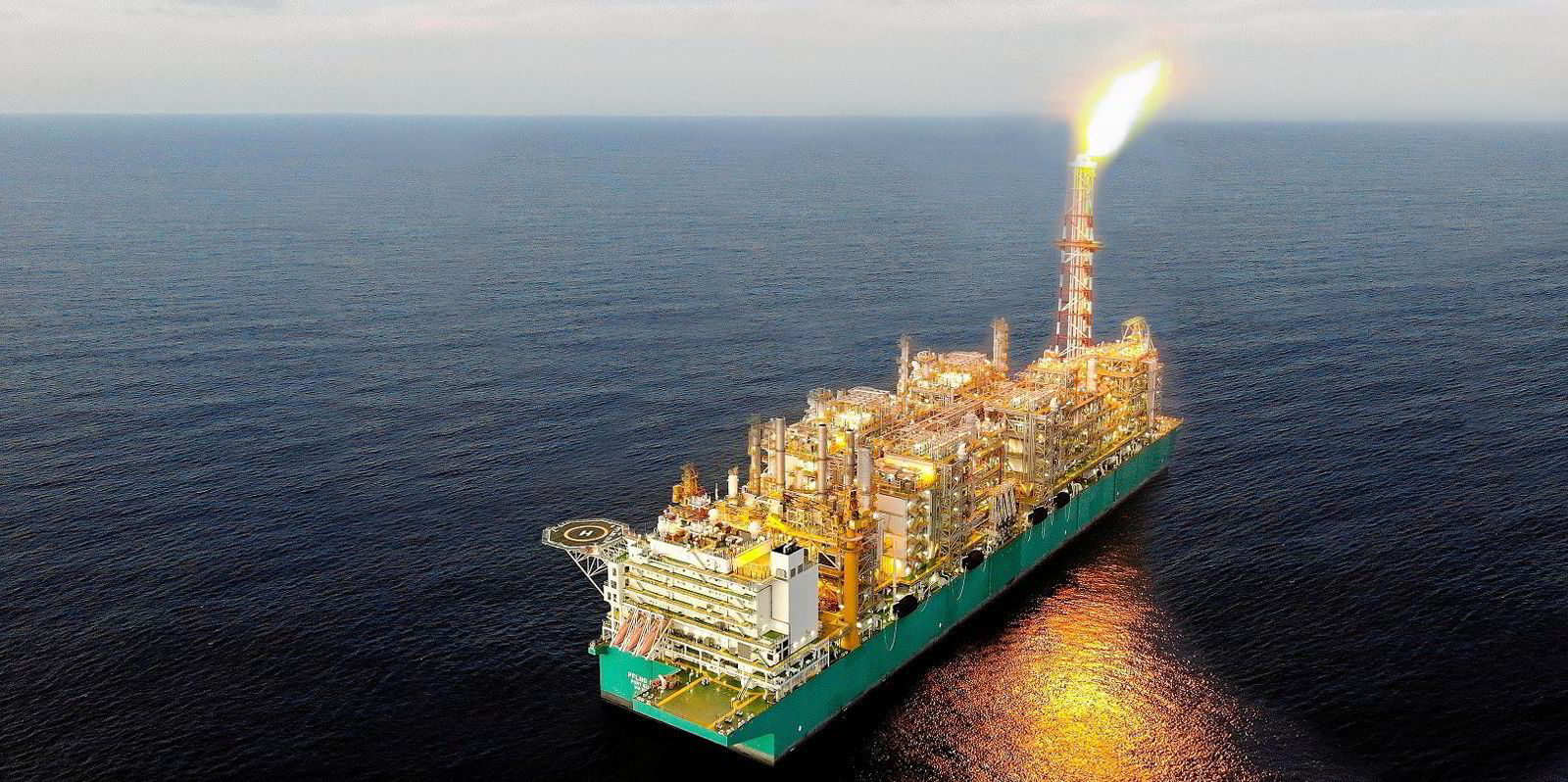US-listed New Fortress Energy has been selling its excess LNG cargoes and cashing in on record market pricing as it limbers up to become a producer from 2023 with its own floating production units.
The company, which operates LNG import terminals and ships, in addition to developing a raft of floating storage and regasification unit-based facilities, said in a note that since August it has moved to a position where it was more than eight cargoes long for the 2021 to 2022 period.
"Of the more than eight cargoes, we have sold several cargoes and expect to sell the remaining cargoes in the future," it said.
Speaking on an unusually brief and short notice investor call, New Fortress chief executive Wes Edens said the company has minimal exposure as its business model is to match its supply to demand. But he added that this also allows New Fortress to benefit from shocks to the system.
The company raised its fourth-quarter earnings forecast by $200m and that for the financial year 2022 by $100m.
FLNG dreaming
Edens said: "This, in my opinion, is the tip of the iceberg."
He said as the company's portfolio of import terminals grows and it adds in its planned floating LNG (FLNG) units this will add flexibility on both sides of the equation.
Edens said New Fortress' FLNG plans — the company is converting three jack-up rigs — are going "extremely well" and hinted at some kind of partnership announcement before the year-end.
He spoke about creating a factory of liquefiers that could be replicated.
"We are the only people on planet Earth that are spec-developing a liquefier that can be deployed around the world," he said, and while the company does not yet have a gas source, he talked up the benefits of having supply from 2023 rather than further ahead.
Edens said the world has been experiencing a "massive energy shock" and no sector has had more volatility than LNG.
The chief executive blamed underinvestment in hydrocarbons and said simply replacing thermal power with renewable power alone is not the answer for a carbon-free future.
He said gas and specifically LNG become swing commodities to fill the gaps.
Edens forecast a "bumpy transition for the next decade or two" as a result of precarious supply-demand balance on energy where small changes have an outsize impact on commodity prices.
"It is basically 100-year flood which seems to be happening with more frequency," he said. "My view is it will happen more and more often over the next 10 years."






